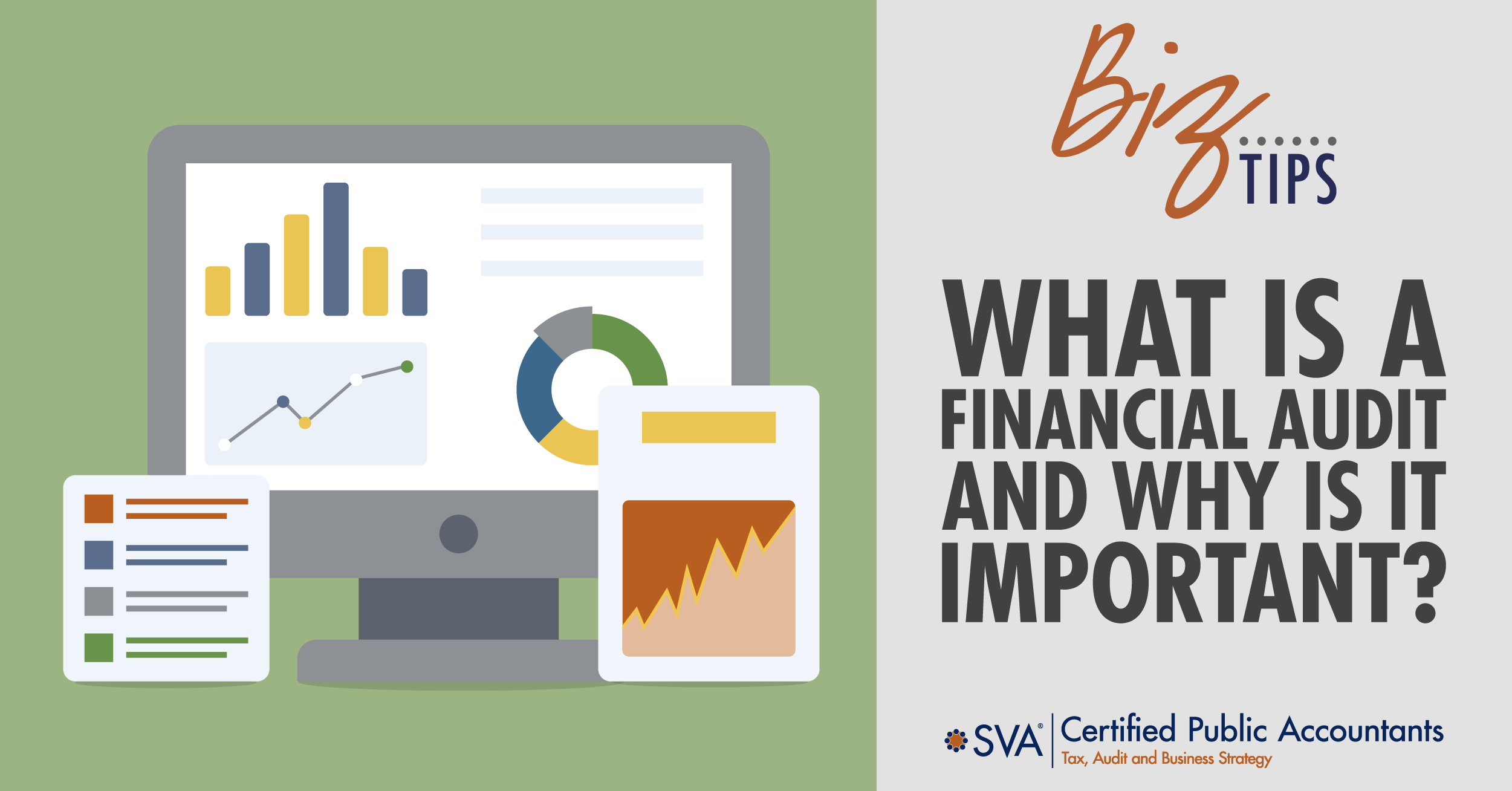| Highlights: |
- Defines a financial audit as an independent examination of financial statements to confirm accuracy and compliance with accounting standards.
- Explains why audits matter, including legal requirements, improved financial reporting, investor confidence, and stronger credibility with stakeholders.
- Outlines how audits help identify financial risks, evaluate internal controls, and reduce exposure to errors, fraud, or asset mismanagement.
- Provides a practical financial audit checklist covering document gathering, record reconciliation, key transaction review, and effective communication with auditors.
|
What is a Financial Audit?
A financial audit is a systematic, independent examination of an organization's financial statements and records, aimed at providing assurance of their accuracy and compliance with applicable laws and accounting standards.
Conducted by external auditors, this process involves verifying financial data, assessing internal controls, and evaluating the overall financial reporting framework.
Understanding the purpose and benefits of financial audits is crucial for organizations seeking to enhance transparency, ensure regulatory compliance, and build stakeholder confidence.
(Download Video Transcript)
Why Financial Audits are Crucial for an Organization
| 1. Meet Legal or Regulatory Requirements |
In some cases, an organization may be required by law to undergo a financial audit, such as publicly traded companies or organizations that receive government funding. |
| 2. Improve Financial Reporting |
A financial audit can help identify errors or misstatements in a company's financial statements and provide recommendations for improving the accuracy and clarity of the information presented. |
| 3. Identify and Address Financial Risks |
Financial audits can help a company identify and address potential financial risks such as fraud or mismanagement of assets. |
| 4. Improve Internal Controls |
A financial audit can help a company identify weaknesses in its internal controls and recommend improvements to reduce the risk of errors or fraud. |
| 5. Attrack Investors |
A financial audit can provide reassurance to potential investors that a company's financial statements are reliable and accurate. |
| 6. Increase Credibility and Transparency |
A financial audit can increase the credibility and transparency of a company's financial information, which can improve relationships with stakeholders such as customers and suppliers. |
Benefits of Conducting a Financial Audit
|
Improved Accuracy and Reliability
|
A financial audit helps to ensure that an organization's financial statements are accurate and reliable, which is important for stakeholders (such as investors and lenders) who rely on this information to make decisions.
|
|
Enhanced Credibility
|
A financial audit can enhance an organization's credibility and reputation by providing assurance to stakeholders that the organization's financial statements are reliable.
|
|
Improved Internal Controls
|
A financial audit can identify weaknesses in an organization's internal controls, which can then be addressed to improve the overall efficiency and effectiveness of the organization.
|
|
Enhanced Decision-Making
|
A financial audit can provide management with valuable insights and information that can be used to make more informed business decisions.
|
|
Compliance with Laws and Regulations
|
A financial audit can help an organization ensure that it is in compliance with relevant laws and regulations, which can help to mitigate risk.
|
(Download Video Transcript)
Financial Audit Checklist
This checklist is a general outline regarding the steps a company should execute if a financial audit is performed on their business. These steps will vary depending on company size, industry, and relevant standards and regulations that may apply.
| 1. Gather the Necessary Financial Documents |
Examples may include bank statements, tax returns, accounts payable and receivable, payroll records, and other financial documents relevant to the audit. |
| 2. Make Sure All Financial Records are Complete and Accurate |
This may include reconciling accounts, correcting errors, and preparing any necessary adjusting entries. |
| 3. Review Internal Controls and Processes |
Review segregation of duties, physical controls, and system controls to ensure they are sufficient and functioning as intended. |
| 4. Identify and Review Significant Transactions or Events Since Last Audit |
Examples include significant purchases or sales, changes in management, or other events that could affect financial statements. |
| 5. Familiarize Yourself with the Audit Process |
This would include learning about specific standards and regulations that apply to your organization. You may need to consult with your auditor or seek guidance from a professional organization. |
| 6. Designate a Point of Contact on the Audit Team |
Make sure they have access to all the necessary personnel and information they request. |
| 7. Communicate with the Audit Team |
Provide the auditor with any requested information and answer questions in a timely manner to ensure a smooth and efficient audit. |
| 8. Review the Draft Audit Report |
Address any issues or concerns found by the audit team. |
Whether your company conducts a financial audit as a requirement or to get a better idea of where the business sits financially, the benefits will help your organization grow. Contact one of our professionals for more information.
© 2023 SVA Certified Public Accountants

